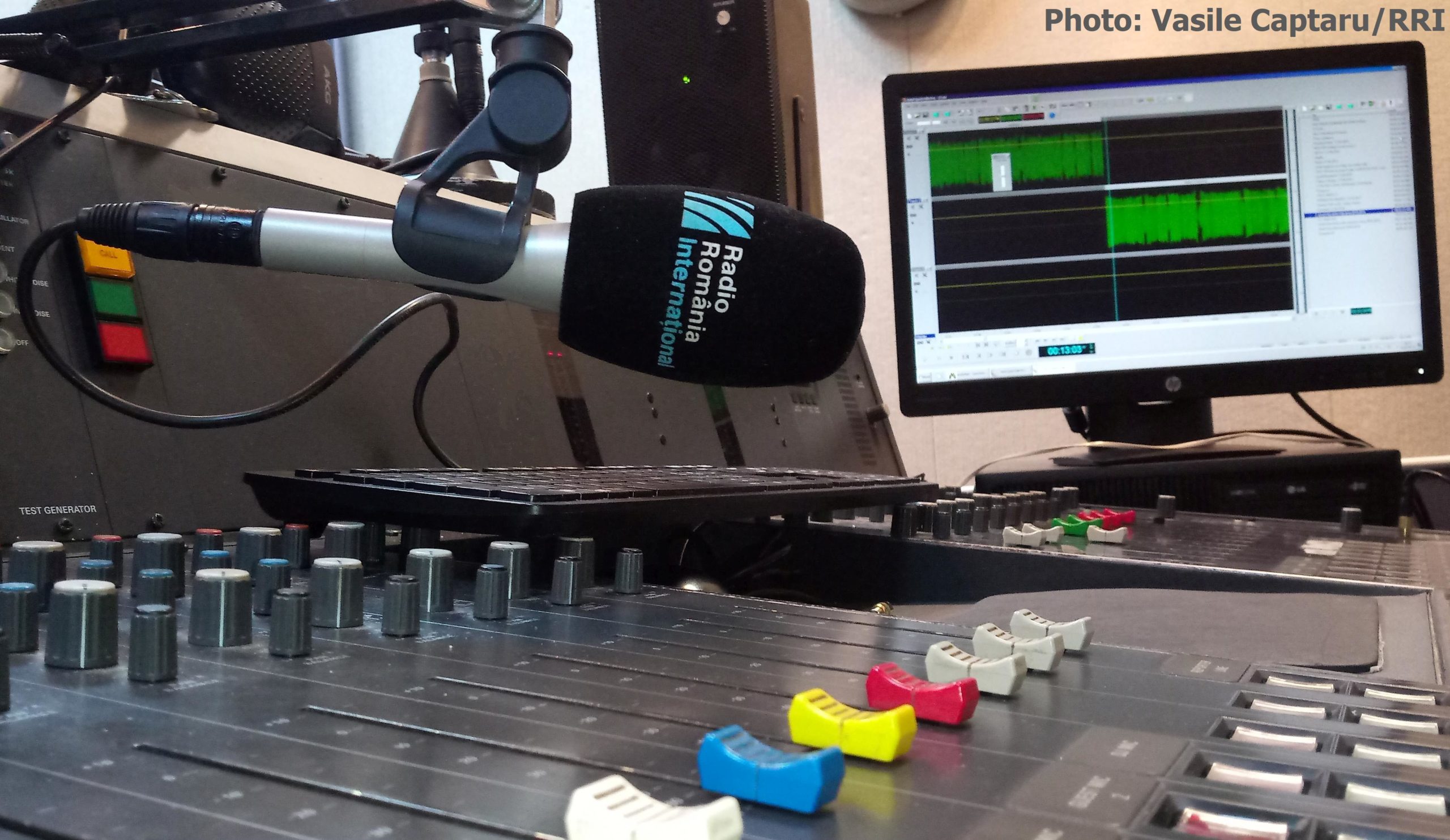
Everything you need to know about Romania in less than 60 minutes

Coffee is considered today a universal social drink in various combinations and variants. It entered the Romanian space quite early, in the second half of the 16th century, brought by the Ottoman Empire

A roundup of the week's headline-making events
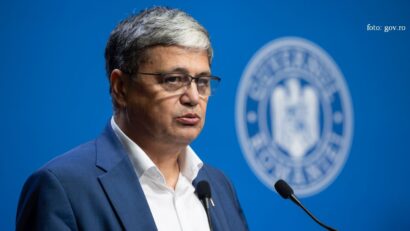
The interim government in Bucharest is making efforts to avoid losing huge sums of European funds.
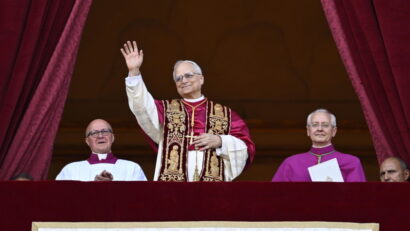
The Catholic Church has a new Pontiff – Pope Leo XIV, the 267th successor to Saint Peter.

This round may decide the winner of the 2024-2025 season of the Romanian Football Superleague

The Romanian currency (leu) continues to depreciate against other foreign currencies.
Currency Converter RON/EUR: Sun, 11 May.
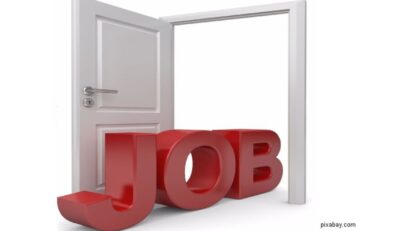
The latest from the Romanian labour market
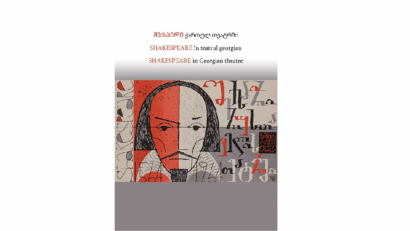
The Embassy of Georgia in Romania, jointly with the "Ion Luca Caragiale" National University of Theatre and Cinematography, mounted an exhibition featuring historic posters of Shakespearean theatrical productions staged in Georgia since 1894.
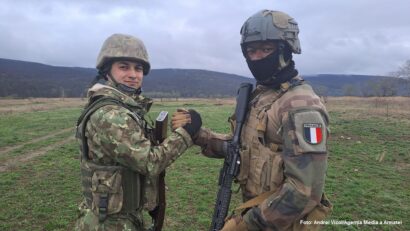
Soldiers from the 634th Infantry Battalion in Piatra Neamț have recently held a joint training event with French soldiers from the NATO Battle Group in Cincu.
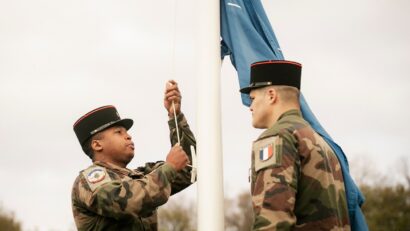
Servicemen of several nations are presently training in Cincu, central Romania
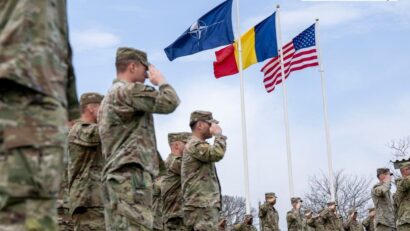
At the 57th Air Base in Mihail Kogălniceanu, southeastern Romania, the transfer of authority ceremony took place between the 2nd Air Assault Brigade "Task Force Strike" of the 101st Airborne Division and the 3rd Brigade "Task Force Patriot" of the 10th Mountain Division.
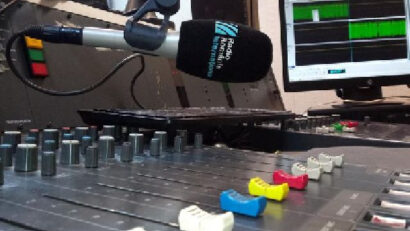
Young jazz singer and composer Ana Dubyk's debut album is called Halcyon, the name of a Greek mythical bird said to be charming the sea wind and waves into calm
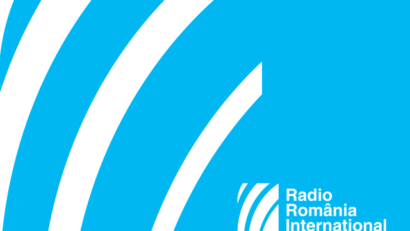
A recent census presented by the Romanian authorities shows that the bear population in Romania has reached almost 13,000.

Nicolae Steinhardt’s life is a narrative of transformation: from Jewish intellectual to Christian monk, from prisoner to spiritual guide

An interview with David Irle, independent eco-advisor and co-author of the volume "Décarboner la culture"
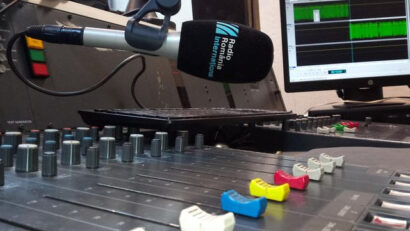
Everything you need to know about Romania in less than 60 minutes
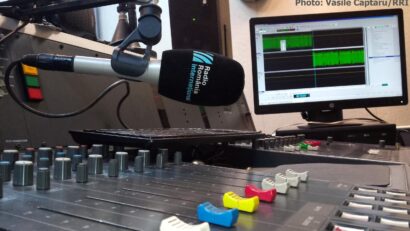
Everything you need to know about Romania in less than 60 minutes

Everything you need to know about Romania in less than 60 minutes
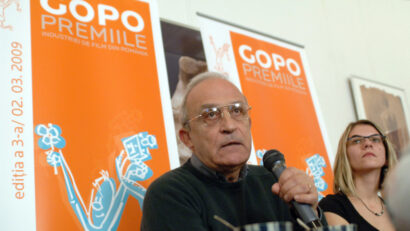
Florin Mihăilescu, one of the most talented and prolific cinematographers in Romania, won the lifetime achievement award at the Gopo Awards Gala.

Workouts and physical effort in general, help the body release dopamine, a substance that the brain uses to transmit the feeling of well-being and happiness.
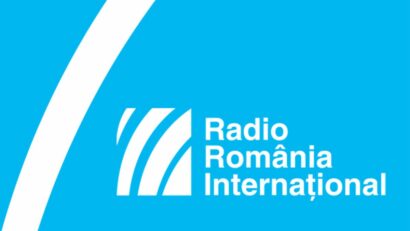
Professional photographer, Mihai Moiceanu, offers tourists the opportunity of taking back memories from the places visited

Friendship between states is not just about fine words, but also about action
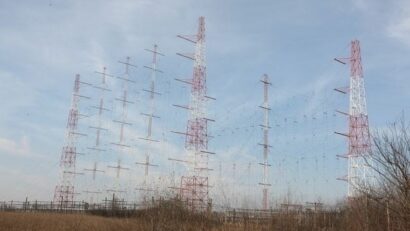
RRI broadcast frequencies valid as of March 30 to October 25, 2025:
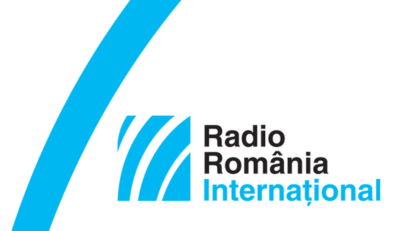
A malfunction has been recorded at one of the transmitters in Tiganesti, and we will temporarily be broadcasting on different frequencies.

RRI broadcast frequencies valid as of March 30 to October 25, 2025:
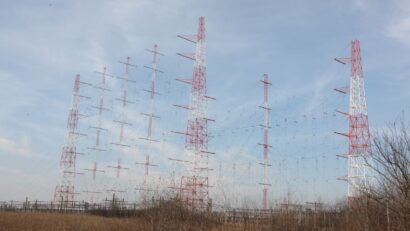
Radiocom has managed to fix the malfunction of one of the shortwave transmitters in Tiganesti
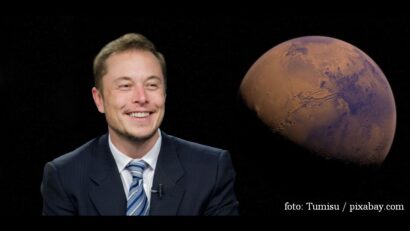
Businessman Elon Musk was designated "Personality of the Year 2024 on RRI"

The RRI programs have been temporarily moved to a second transmitter
